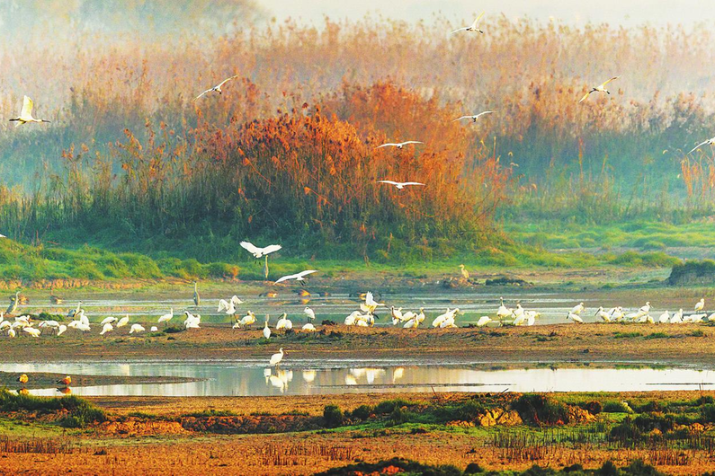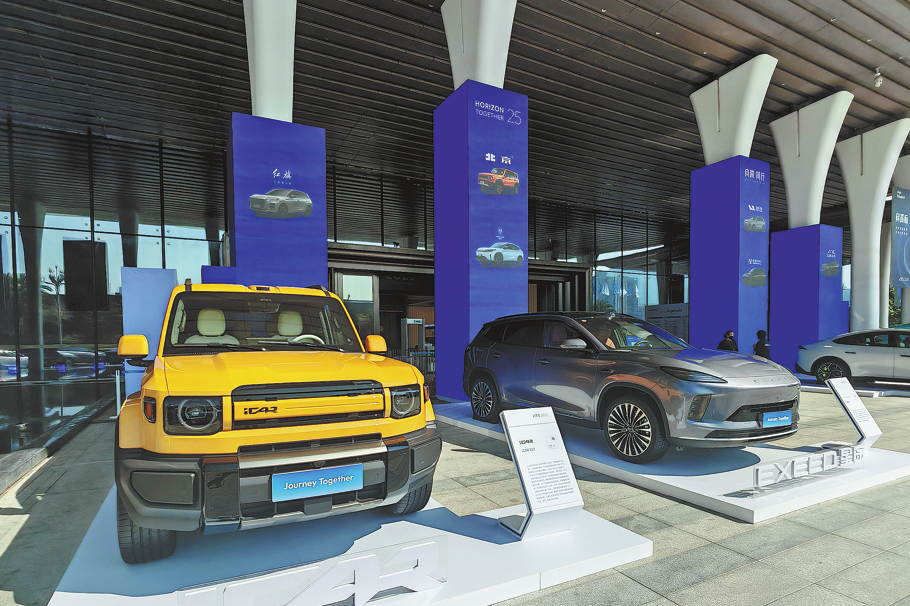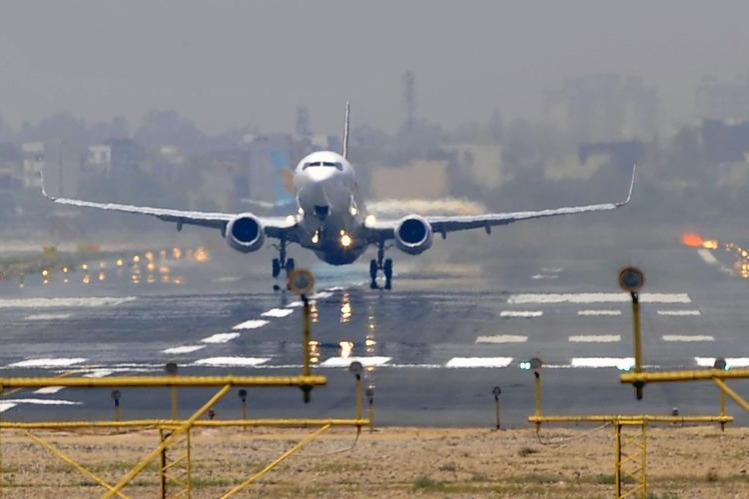Moscow-Kyiv summit may become reality
Differences narrowing as territorial disputes remain stumbling blocks

The high-stakes diplomatic efforts at the White House on Monday have yielded a signal that the leaders of Russia and Ukraine may soon meet face-to-face in an attempt to solve their differences.
Experts noted that the potential Ukraine-Russia meeting, which could also become a US-Russia-Ukraine trilateral meeting, indicates some progress in narrowing the differences between the parties concerned. However, they cautioned that territorial disputes would remain the key sticking point, and the outcome of these discussions remains uncertain.
US President Donald Trump hosted Ukrainian President Volodymyr Zelensky and seven European leaders at the White House on Monday, with a focus on resolving the Ukrainian crisis.
Russian President Vladimir Putin was not at the White House, but Trump called him during a break in the day's meeting, discussing arrangements for a possible Putin-Zelensky summit "at a location to be determined".
"After that meeting takes place, we will have a Trilat, which would be the two Presidents, plus myself," Trump stated on Truth Social. "Again, this was a very good, early step for a War that has been going on for almost four years."
Russian presidential aide Yuri Ushakov said on Tuesday that both Trump and Putin expressed support for continuing direct negotiations between the Russian and Ukrainian delegations and discussed elevating the level of representatives participating in the talks.
During a regular news briefing on Tuesday, Chinese Foreign Ministry spokeswoman Mao Ning said China believes that dialogue and negotiation provide the only viable way out of the Ukraine crisis. China supports all efforts conducive to peace, she added.
Sun Chenghao, head of the US-EU program at Tsinghua University's Center for International Security and Strategy, said the prospect of leader-level talks reflects "some progress" made in resolving the conflict but warned of "practical constraints".
"There is still fierce fighting on the battlefield. In addition, the 'ceasefire first' position of many European leaders conflicts with Trump's idea of 'negotiations without a ceasefire', which weakens the feasibility of a 'quick breakthrough'," Sun said.
Security guarantee for Ukraine is another central theme of Monday's discussions. Washington's guarantee remains deliberately vague. On Truth Social, Trump endorsed a "NATO-like" arrangement, where European countries provide guarantees with US coordination.
Zhang Hong, a researcher at the Chinese Academy of Social Sciences' Institute of Russian, Eastern European and Central Asian Studies, said, "The US statement on security guarantee for Ukraine is a significant shift, promising to provide Ukraine with substantial security confidence."
Potential consensus
US media reported that during the US-Russia summit on Friday, Putin agreed for the first time that the US and its European allies could offer Ukraine a security guarantee resembling NATO's collective defense mandate as part of an eventual deal to end the Ukraine conflict. If the report is true, it suggests a potential consensus on this matter among the US, Russia, and Ukraine, said Zhang.
Despite a potential multilateral consensus on the need for talks, divisions remain regarding the prerequisites for such negotiations. Trump argued that peace negotiations could proceed without a ceasefire, citing his past successes in resolving conflicts without prior ceasefires.
However, European leaders voiced disagreement while Zelensky himself struck a delicate balance. He signaled openness to a trilateral meeting with Trump and Putin, acknowledging that "sensitive things, territory, etc" would be discussed at the leaders' level at a trilateral meeting.
"The difference between the US and Europe… is minor and indecisive," said Zhang Hong.
"When the conflict ends hinges on whether Russia and Ukraine are going to make significant adjustments to their stances," he said. "So far, territorial disputes remain the biggest sticking point."
Agencies and Xinhua contributed to this story.
Today's Top News
- Jimmy Lai found guilty of colluding with foreign forces
- Hong Kong court opens session to deliver verdict on Jimmy Lai's case
- China's economy posts steady growth in Nov
- Death toll rises to 16 in Sydney's Bondi Beach shooting
- Firm stance on opening-up wins praise
- World looks to new engines for growth in 2026






























